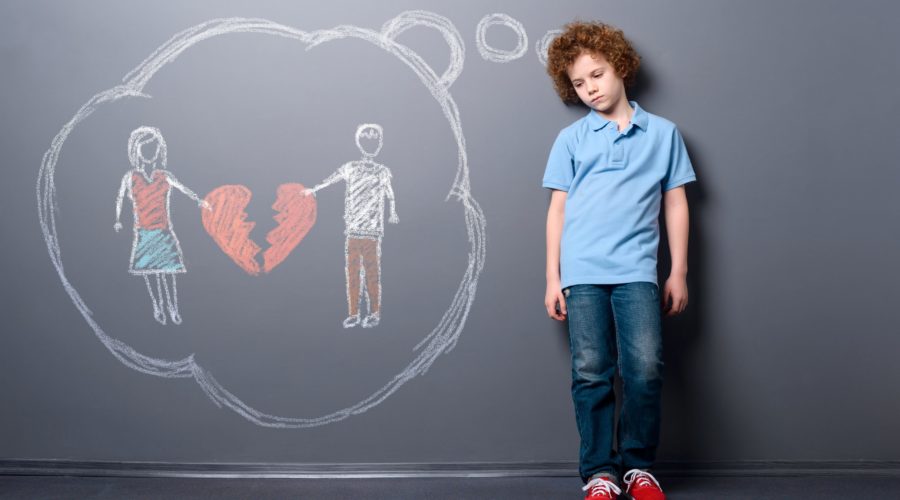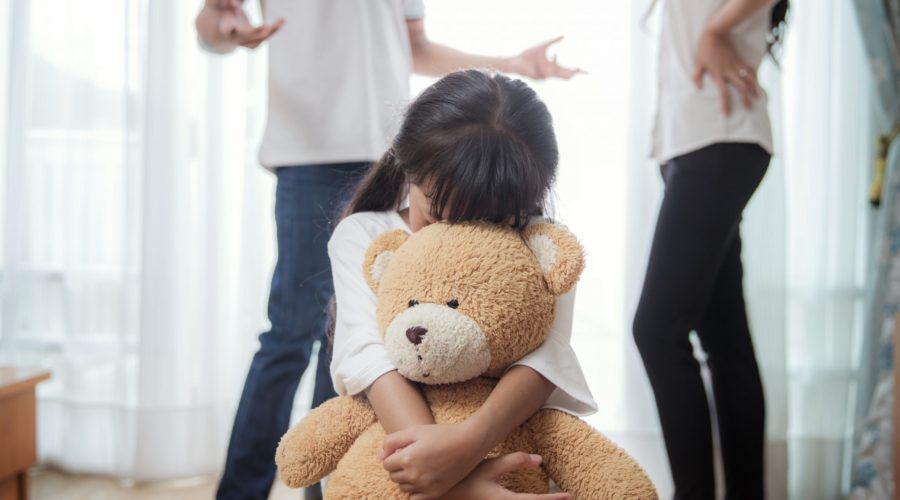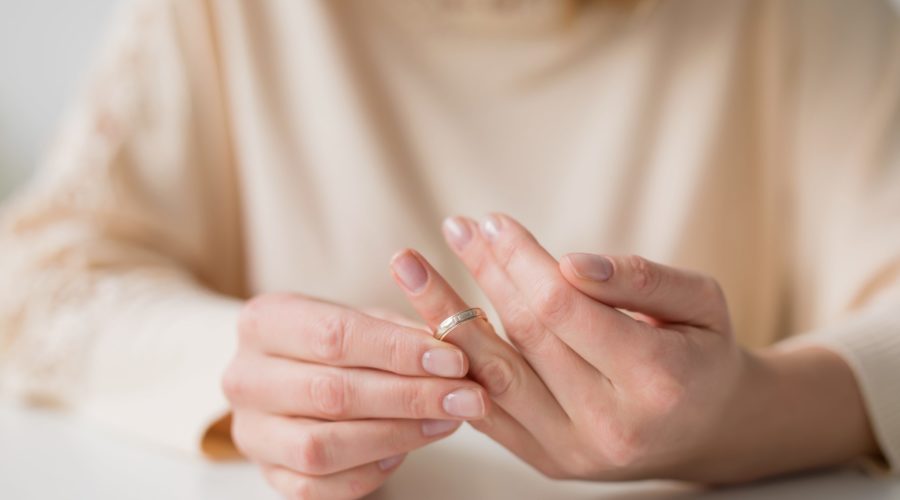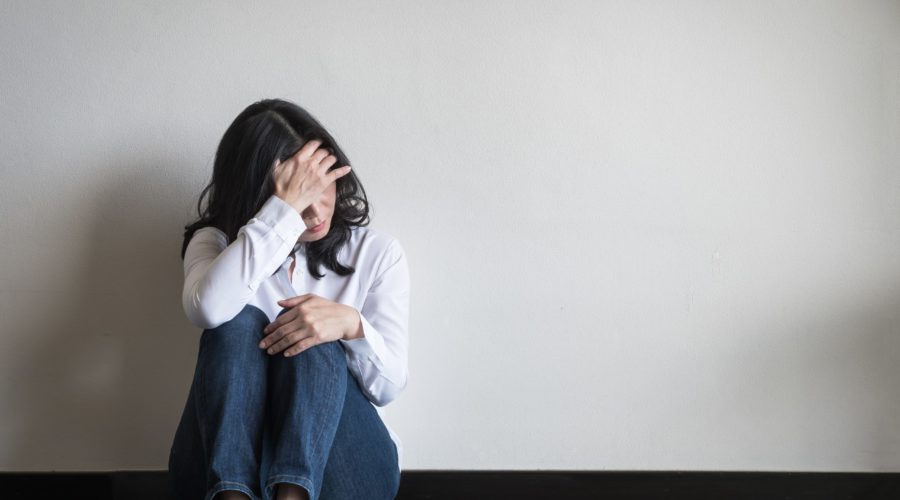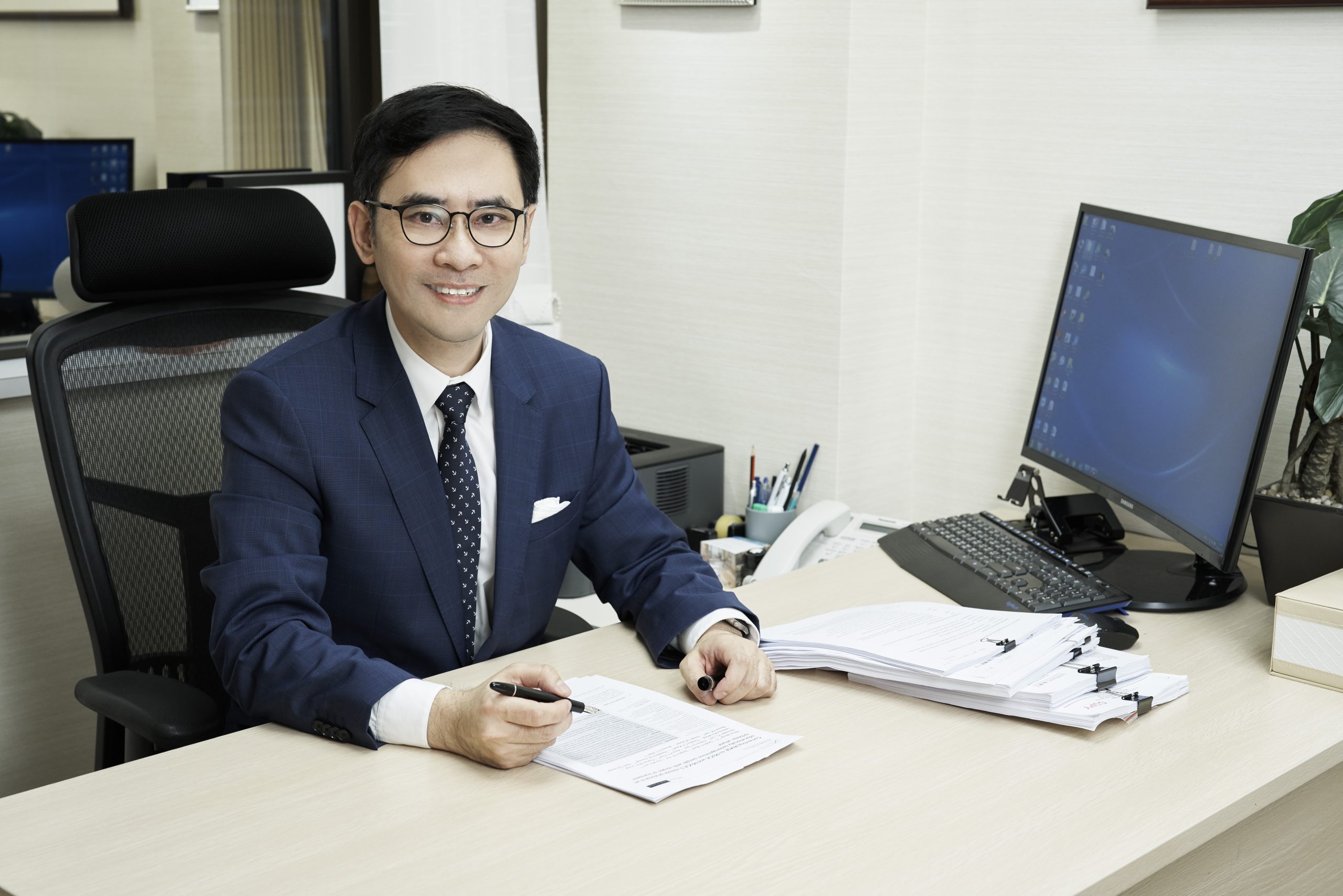
In this spotlight profile, we are speaking to Dr. Wing Kit Choi, a forensic psychiatrist based in Hong Kong at Alpha Clinic. Dr. Choi is a former deputy chief of service in forensic psychiatry at Castle Peak Hospital and is currently working as a private psychiatrist at Alpha Clinic and is also an honorary clinical associate professor at The University of Hong Kong.
Dr. Choi, thank you for taking the time to speak with us today.
Can you tell us a little bit about your background and training?
I am a specialist in psychiatry. I graduated from Hong Kong University (“HKU”), and also have a Master’s Degree in Criminology. Thereafter, I obtained my membership at The Royal College of Psychiatrists and became a fellow of The Hong Kong College of Psychiatrists and specialist in psychiatry in 2006. Throughout my career, I have received intensive local and overseas training in forensic psychiatry.
Apart from practicing as a private psychiatrist at the Alpha Clinic in Hong Kong, I also teach medical students at HKU and The Chinese University of Hong Kong (“CUHK”) as an Honorary Clinical Associate Professor. I am also the Subspecialty Spokesperson in Forensic Psychiatry at the Hong Kong College of Psychiatrists and was the Consultant Psychiatrist and Deputy Chief of Service at the Department of Forensic Psychiatry at Castle Peak Hospital.
I am approved by the Hong Kong Hospital Authority for the purpose of Section 2(2) of the Mental Health Ordinance (Cap. 136) (“MHO”) as having special experience in the diagnosis or treatment of mental disorders or having special experience in the assessment or determination of mental handicaps. My clinical practice involves psychiatric risk assessment, management of mentally-disordered offenders, conducting psychiatric assessment and writing psychiatric reports for medicolegal purposes. I have been repeatedly appointed as a psychiatric expert witness in the High Court and have prepared psychiatric reports to different levels of Courts and law enforcement agencies. Other than criminal cases, I also provide medical assessments and reports for civil matters and have experience of acting as an expert witness in matrimonial proceedings.
That is an impressive resume and it is such an honour to speak with you given your extensive experience.
We are in a very sensitive era and globally it is estimated that 1 in 7 adolescents are experiencing a mental disorder with many teens citing depression and anxiety as a key issue of struggle. What have you been experiencing in your private practice with respect to adolescents in Hong Kong and the issues they are struggling with?
Adolescents in Hong Kong are facing a wide range of mental health issues, as Hong Kong is a fast-paced society, schools in Hong Kong are demanding, not only in terms of academics but also on all-rounded development for students.
Children and youths in Hong Kong tend to grow up with a busy lifestyle, with lots of extra-curricular activities on top of academic requirements. Many children and youths do not cope well and it becomes very stressful for them in terms of chaotic time management which results in anxiety, worrying about not meeting deadlines due to heavy workloads and not doing their best in terms of academic performance. Children and youths also experience stress which can come from parents and also competition with peers /siblings on academic results or other areas of achievements. This can result in depression. Some youths may find themselves not doing their best which makes them question his/her own ability.
Coinciding with the pandemic in recent years, and lots of disturbances to the school learning mode and curriculum, youth anxiety and depression have become more prominent. The number of changes and uncertainties make it difficult for children and youth to adapt. For example, the suspension of face-to-face teaching has narrowed youths’ social circle and it results in the feeling of loneliness and it affects his/her social development.
What are the consequences of failing to address adolescent mental health conditions?
There are many consequences. Children and youths may not know how to detect one’s own anxiety or depressive symptoms. Some individuals tend to cover up their problems. Parents, teachers, or peers may not easily notice his/her issues which then intensifies a child/youth’s mood problems. This also can then result in a deterioration of the relationship between parent and child. The worst case is that a child/youth becomes suicidal or exhibits self-harm behaviour.
What impact have you seen with adolescents in terms of divorce and the breakdown of the family unit?
Through my experience, I have seen many adolescents struggle due to divorce. Some of the impact which rises up to the surface include:
- Anxiety and distress
- Emotional turmoil which results in a deterioration of family relationships
- Depression
- Deterioration of academic performance
- Behavior issues including impulsive behaviour, delinquency and conduct disorders
- Rebellion including risky behaviour such as early sexual activity and substance abuse
- Problems that could extend into adulthood and result in substance abuse problems, mental health issues, negative impacts on romantic relationships, family and work.
What can parents do to help their children through divorce?
It is important for parents to keep a strong positive relationship with their children to assist them to cope with a divorce. It’s important not to argue in front of your children and try to avoid custody or visitation disputes altogether. It is also important to remind your children that they did not cause the divorce.
Parents can be open to children’s feelings, keep up on daily routines, and generally keep a close eye on any behavioral changes throughout the divorce process and beyond.
I also recommend parents to try to let their children know that those feelings are completely normal. For the most part, children simply need to understand that parents acknowledge their emotions about the situation.
If your children are angry, allow them to express that and validate those feelings. If they’re confused and full of questions, answer them in a neutral manner without letting any hostility about the divorce seep through. They may not want to verbalize their emotions.
It’s common for daily routines to become more irregular over the course of a divorce or separation. Regular pick-up and drop-off times for school, bedtimes, mealtimes, and other relevant routines will keep children in a range of familiarity, which helps to compensate for the level of change brought by the family divorce.
It’s also crucial to identify any signs of detachment or behavioral change in children. It lets parents know that intervention is necessary. Occasionally, parents can ask their children about their thoughts on the divorce, and reassuring them that they’re still loved and cared for all the same. If children stray from their usual behavior and don’t return to normal after six to eight weeks, it could be time to seek professional help through a child therapist.
In certain litigious divorces, children are asked to provide their input/testimony in divorce. Is this a good idea in your opinion? What negative or positive impact could this have on an adolescent and its potential impact on the relationship(s) between the parents?
It depends on the situation of each case. It may be beneficial that the children’s views or feelings can be taken into account. This is more effective if the child is of sufficient age and capacity. The child must also be able to form an intelligent opinion on the issue of custody.
Sometimes, children giving testimony in divorce might not be effective as a child might advocate for the more permissive parent, as opposed to the one who sets rules and limits.
Testimony in court may bring stress that a child might well avoid. They have to publicly and officially take sides in a divorce case which adds additional stress to a child already having to overcome.
 About Dr. Wing Kit Choi, Forensic Psychiatrist:
About Dr. Wing Kit Choi, Forensic Psychiatrist:
Dr. Choi is a forensic psychiatrist at Alpha Clinic in Hong Kong. He is also an honorary associate professor at The University of Hong Kong. Forensic Psychiatry is a subspecialty of psychiatry in which scientific and clinical expertise is applied to legal issues in legal contexts.




